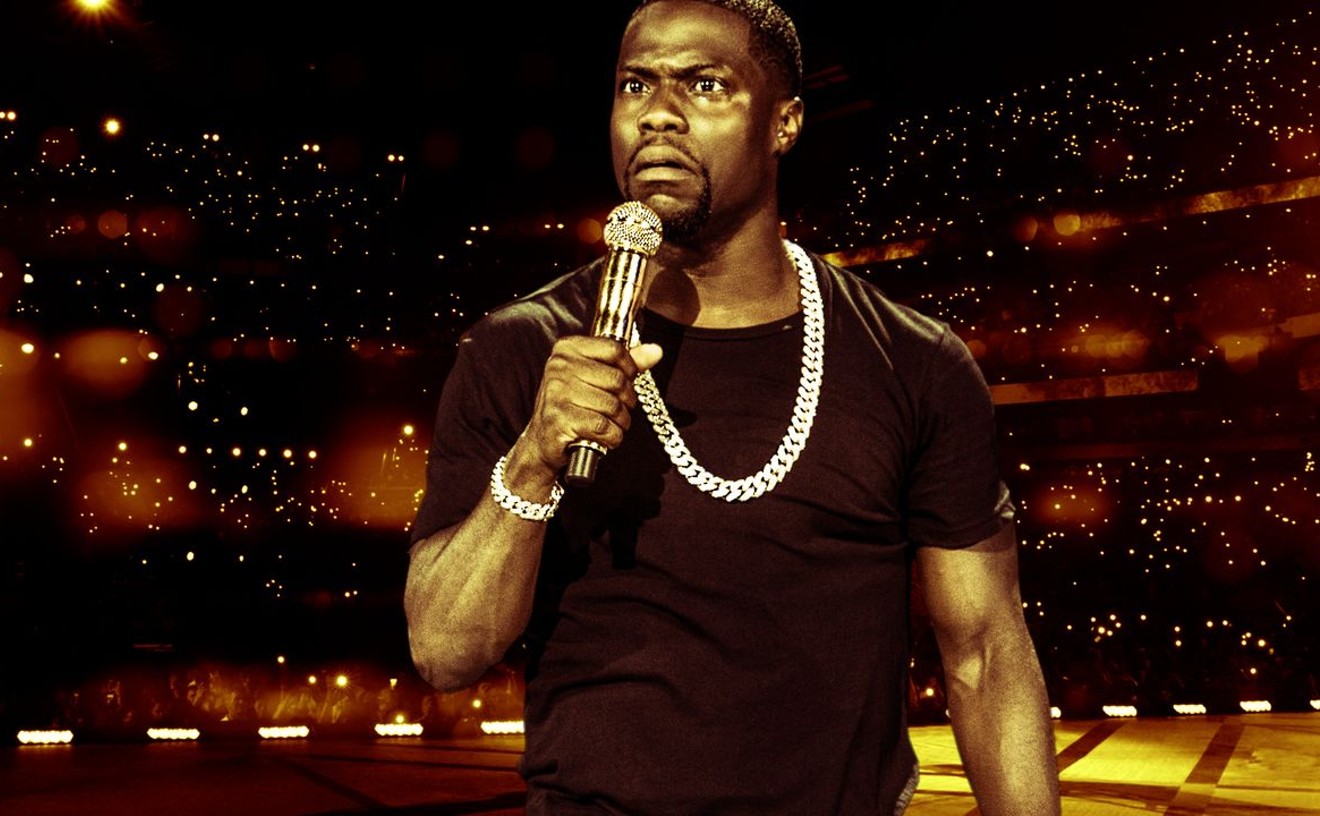See also: - From the Archives: "Boycott Coors Beer" protest comic book from 1977 - From the Archives: the prison poetry of Minoru Yasui - From the Archives: St. Cajetan's Church barely escaped demolition
This script is from February 13, 1949. World War II had ended only a few years earlier and Democrat Harry S. Truman was President; during that time, he was able to move only a small portion of his liberal agenda. If the national attitude was anything like the saccharine individualist narrative presented in KLZ Denver's "Enterprise Unlimited," it is relatively easy to see why. This episode tells the story of Charles Boettcher, who has long been celebrated as a hero in this city; the Boettcher Foundation still bears his name, as do several historic sites.
"Enterprise Unlimited" uses Charles Boettcher as an example of the rugged individualism that sets the hard-working, forward-thinking person ahead in the quest for wealth and prosperity -- and he turns out to be a good one. He moved here from Europe, penniless, and got his business start selling hardware to folks chasing mining booms; he had a widely varied business career that touched on industry, hospitality, even agriculture -- the script mentions his sugar beet operation, which benefited from Colorado's favorable farming conditions. He moved to the United States from Prussia in the late nineteenth century, and this is one part of the story with which the show was clearly willing to take liberties; it portrays Boettcher as woefully homesick for Germany, only deciding to remain in the U.S. when his heart was captured by the spirit of the West:"Charles enjoyed all of it . . . but still, he was homesick... and began to look forward to the end of the three months and his return home... Then, as he traveled West, Charles became more and more intrigued with the land itself... the people, the spirit of adventure, and the many opportunities... Upon arriving in the bustling railroad town [of Cheyenne], young Boettcher decided right then: to remain in this new country with its atmosphere of freedom rather than to go back to the land of his birth."
In fact, according to a New York Times article about the Boettcher family, Boettcher actually had a substantial reason for staying in America -- avoiding military service.
Here's another segment from the script:
"But we can see -- in the Boettcher story -- a clear example of the accomplishments made possible by the free economic system of the United States; where a man is free to work... to build and produce on his own initiative, rather than as directed by an agent or agency of a centralized government. Listen to the Boettcher story, and you'll see once more: how the free enterprise system opens the way for exceptional men to produce new wealth and more material comforts for the average man... how free enterprise encourages men with capital to risk it for the sake of possible profit, and by so doing, help achieve economic security for other men."
Boettcher was a boon to this community, without a doubt -- he helped launch industries that would employ thousands; the Great Western Sugar Company still exists as the grower-owned Western Sugar Cooperative; and the Boettcher Foundation still supports nonprofit organizations, students, teachers and scientific research. But he is not so much being celebrated in the script as being held up as a god of the capitalist ideology -- a mascot. Even then, there was a heavy investment in promoting the idea that greater wealth meant a greater desire to uplift others, and Boettcher was the low-hanging fruit. Toward the end of the script, the mystery of this show's preoccupation becomes clearer:"'Enterprise Unlimited' was brought to you, as a public service feature, by the United States National Bank of Denver, a concern which believes in the free enterprise way, the American way." Surprise, surprise.
Follow @WestwordCulture










